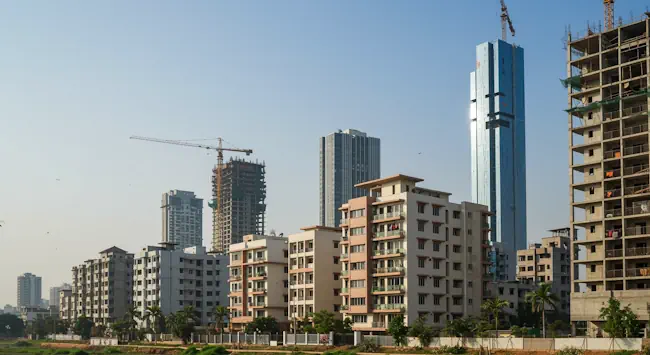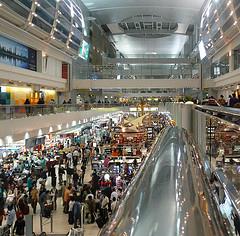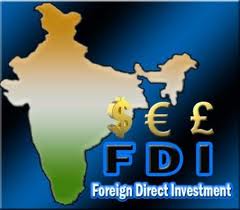
FDI regulations in India for real estate indicate growth projections and increased foreign investment, benefiting the sector's expansion and attracting both domestic and international investors.

The Central Government is set to relax FDI norms for the real estate sector, which includes reducing the lock-in period and minimum capitalization to attract investments and make housing more affordable.

According to JLL India's report, foreign retailers may delay their entry into India due to high costs and upcoming elections, impacting real estate developers and rentals.

Foreign retailers are increasingly targeting India for expansion, attracted by rising incomes and a growing population, with Mumbai and Delhi leading as top destinations.

Office space demand in India is projected to reach 30.5 million sq. ft. in 2013, a 12% year-over-year increase, driven by improving global economy, increased FDI, and revised repo rates.

Walmart and the US government have expressed concerns to the Indian government regarding state veto power over FDI in retail. This power creates uncertainty for foreign investors like Walmart, who are hesitant to enter the Indian market due to varying regulations across states.

The real estate sector anticipates a prosperous 2013, following a challenging 2012 marked by slow market activity. Experts are optimistic, citing potential from policy changes and investments.

The Indian government's new retail FDI bill has been passed, offering hope to mall owners to fill vacant spaces as foreign retailers gain entry into the market.

The UPA government is poised to introduce its FDI in retail policy in the Lok Sabha, seeking approval amidst concerns about securing Rajya Sabha support.

Odisha real estate developers welcome the government's decision to allow 51% retail FDI, believing it will boost the real estate sector and the state's economy.

Odisha real estate developers welcome the government's decision to allow 51% FDI in retail, believing it will boost the real estate sector and the state's economy.

Pune's real estate market has attracted significant private equity investment, primarily in the residential sector, driven by the city's IT industry growth and proximity to Mumbai.

Bangalore’s real estate sector is set to grow by 25% in the coming year, according to CREDAI Karnataka. Commercial office space demand is rising, while residential sales are slow.

Economic Survey acknowledges services sector significance but raises concerns, suggesting phased FDI retail approach in metros, potentially with a lower cap.

The real estate sector anticipates favorable changes in the Union Budget 2012-13, including increased loan subsidies for affordable housing and enhanced FDI regulations.

Multinational retailers like Walmart, Carrefour, and Tesco may soon be allowed to open stores in India under strict investment norms and sourcing conditions.

In March, India's foreign direct investment fell 11% year-on-year to $1.07 billion, highlighting the need for policy improvements amidst declining FDI trends.

The Indian Real Estate market is set to flourish with new policies and significant foreign investment paving the way for unprecedented growth.

India's FDI inflows reached $41.5 billion last year, a significant rise from previous decades. Outward investments also increased substantially.

The Housing Ministry proposes tax breaks, price caps, and interest rate freezes for first-time homebuyers. It also suggests debt-restructuring for realtors and encourages housing for low and middle income groups.

JP Morgan Chase eyes 18% stake in Core Hotels Ventures for $14m, subject to final approval from Finance Minister P Chidambaram. FDI received previously from Indus Hotels Mauritius.

Foreign investment in India's real estate grows, despite recent regulatory challenges. Investors eyeing second-tier cities for deals. Minimum project area, capitalization, and time constraints are highlighted.

Indian real estate businesses are embracing IT solutions to automate processes, enhance transparency, and improve performance.

India's real estate market is projected to grow significantly, attracting $30 billion in FDI over the next decade. Policy changes, including increasing the minimum construction area for foreign developers, are expected to further boost FDI inflows.

India attracted $20.8B FDI in energy, services, construction, and real estate over four years. Real estate FDI jumped from zero to $2.17B, while services saw the largest increase, from $444M to $6.61B.